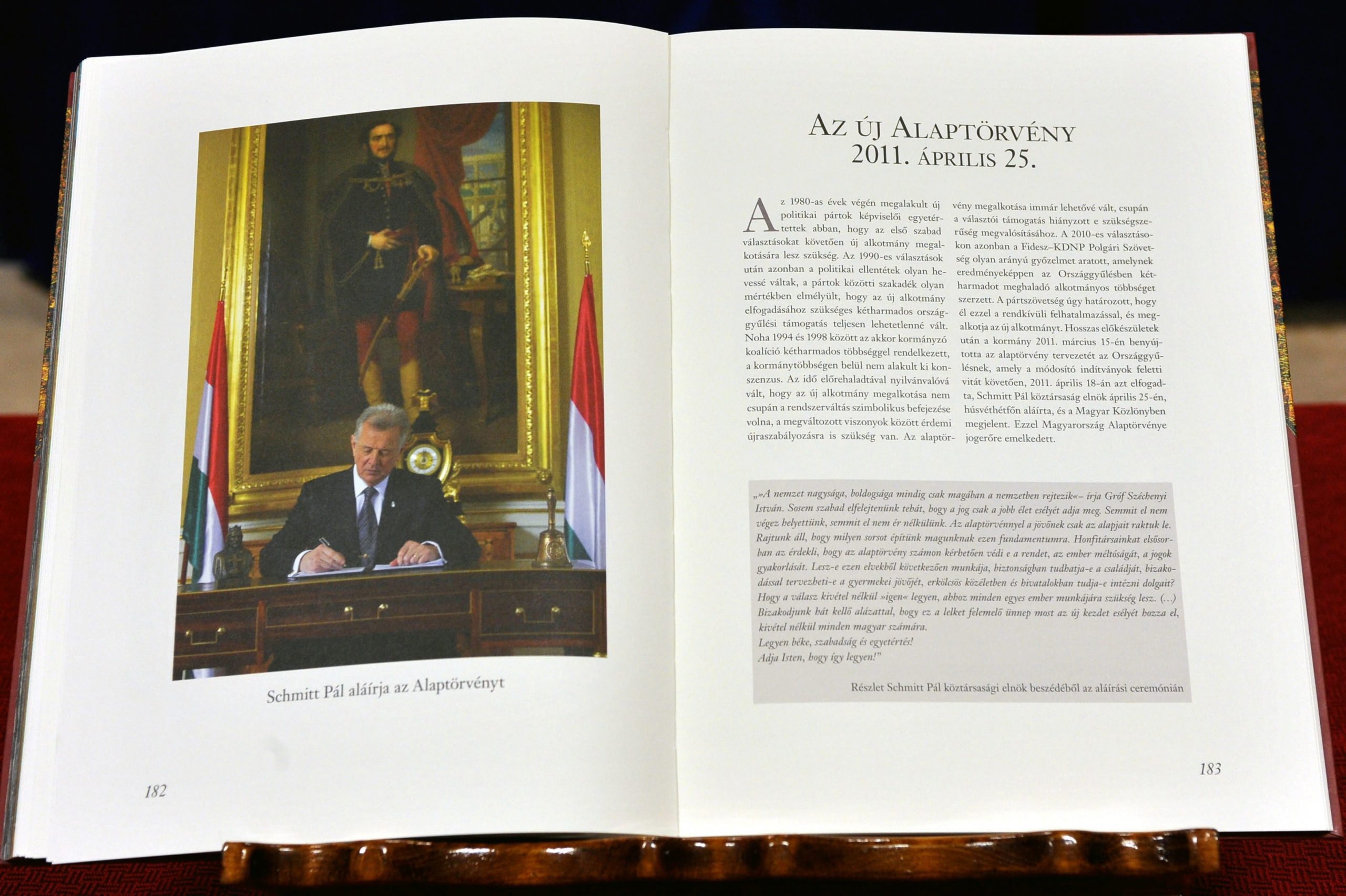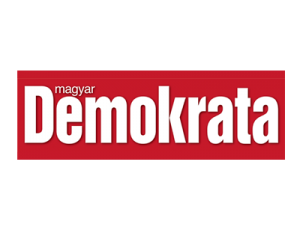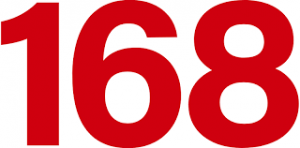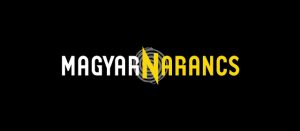
Commentators across the political spectrum wonder whether, if they win the election next April, the opposition could or would revoke the Fundamental Law – even in the absence of the required two-thirds majority in Parliament.
Hungarian press roundup by budapost.eu

Magyar Demokrata’s editor-in-chief András Bencsik doubts if Gergely Karácsony as Prime Minister would show more restraint in overhauling the constitutional system than the Democratic Coalition’s Klára Dobrev. The pro-government pundit recalls that Dobrev’s remark that if elected PM, she would revoke the Fundamental Law even in the absence of a two-thirds majority, was dismissed by Karácsony as ‘absurd humbug’. Bencsik speculates that Karácsony wanted to show a ‘more humane face’ by suggesting that he respects the rule of law and wants to reunite the nation, but Bencsik nonetheless takes it for granted that Karácsony himself would not hesitate to ‘uproot democracy’ if elected.

168 Óra’s Richard Szentpéteri Nagy suggests that if the opposition wins the April 2022 election, they will have to overcome a very delicate constitutional dilemma. On the one hand, they will immediately need to find a way to circumvent the Fundamental Law in order to be able to govern, but in order to design another constitution, they need time to draft a text that has broad support, the left-wing analyst writes. Szentpéteri Nagy thinks that even to amend the constitution, the opposition needs a two-thirds majority, and even more would be necessary to approve a new one.

In Magyar Narancs, Dániel Antal agrees with Klára Dobrev that the opposition should immediately revoke the Fundamental Law if they win the Parliamentary election. The left-wing liberal pundit writes that the Nazi and Communist regimes as well as the apartheid system in South Africa were dismantled without making any compromises or negotiating with previous illegitimate regimes. Antal also agrees with Dobrev that without uncompromising and unilateral steps, the current regime will transform its political power into economic wealth on the basis of outsourced public money, so any hesitation to abolish the Fundamental Law would make it even more difficult to restore popular sovereignty. Antal acknowledges that ‘ousting dictators’ is a risky enterprise as it may lead to the tyranny of the majority, but he also thinks that the opposition cannot restore the rule of law by respecting the current constitution, which itself violates the rule of law. Antal concludes by admitting that Karácsony’s more moderate approach may be as appealing for voters as Dobrev’s radical and provocative ideas, but he finds the latter more reasonable.

In Magyar Nemzet, Zoltán Lomnici Jr sees the suggestion that the opposition can revoke the Fundamental Law even without a two-thirds majority as an incitement to a ‘constitutional coup’. The pro-government constitutional lawyer remarks that Imre Vörös, one of the left-wing lawyers advocating such an option, served as a Supreme Court justice and in 1999 agreed that laws approved by a two-thirds majority cannot be changed or revoked by a simple majority. Lomnici finds it outrageous that left-wing intellectuals and legal experts would violate basic democratic norms and suspend the rule of law. He recalls that such measures were adopted by Bolsheviks and the rest of their Communist followers’. He concludes by calling on voters to stop them and make sure they do not win the parliamentary election in April next year.
Featured photo illustration by Attila Kovács/MTI